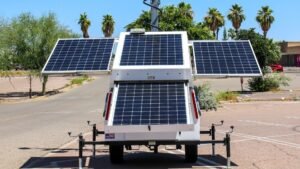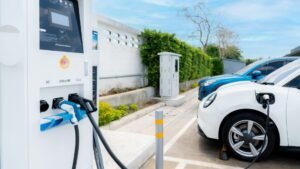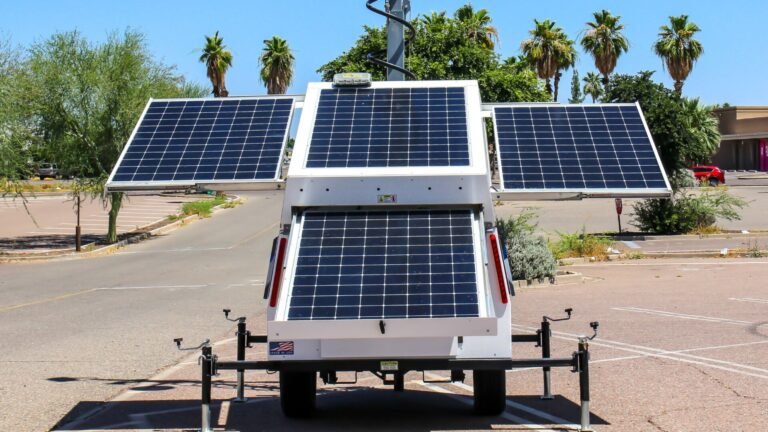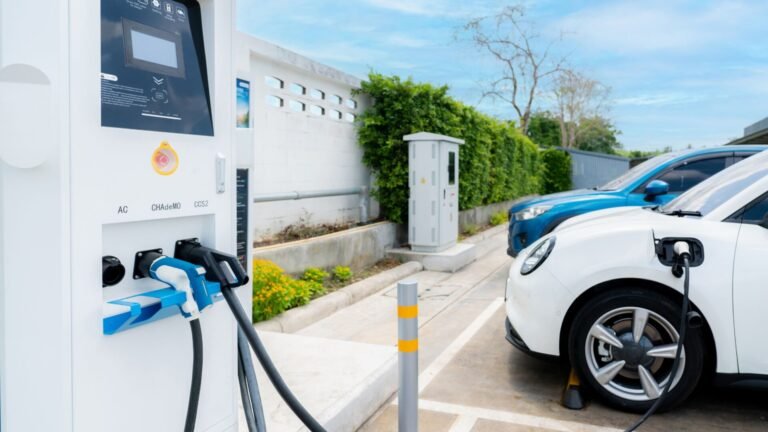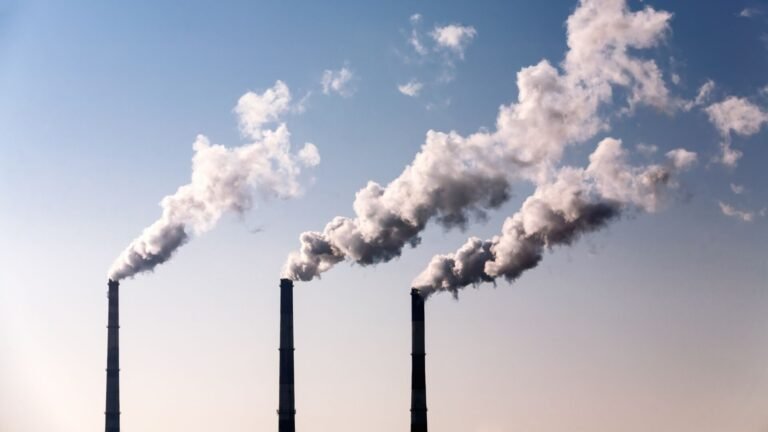As the adoption of solar energy continues to expand globally, the longevity and efficiency of solar panels have become focal points for research and innovation.
One of the critical challenges in solar panel deployment, especially in harsh environmental conditions, is the risk of corrosion. Corrosion can significantly degrade the performance of solar panels and reduce their operational lifespan.
However, recent advancements in anti-corrosive coatings are setting new benchmarks for durability and efficiency in solar panel technology. This blog explores these innovations and their impact on the future of solar energy.
The Challenge of Corrosion
Corrosion in solar panels can occur due to various factors, including exposure to moisture, salt (particularly in coastal areas), and pollutants.
These elements can attack the metallic components of solar panels, such as frames and connectors, leading to reduced electrical conductivity and structural integrity.
For solar installations in harsh environments, the risk of corrosion is significantly higher, posing a threat to both the efficiency and longevity of the solar energy system.
The Role of Anti-corrosive Coatings
Anti-corrosive coatings are designed to protect the metallic parts of solar panels from environmental aggressors. These coatings form a protective barrier that prevents direct contact between the metal surfaces and corrosive elements.
The development of advanced coatings has been a key area of research, aiming to enhance the durability of solar panels while maintaining or even improving their energy conversion efficiency.
Recent Advancements in Anti-corrosive Coatings
Nanotechnology-based Coatings
Nanotechnology has revolutionized the development of anti-corrosive coatings for solar panels. Coatings based on nano-sized particles offer superior protection by filling in microscopic gaps on the surface of the metal, creating a more comprehensive and effective barrier against corrosion.
These nanocoatings not only protect against corrosion but can also improve the light-absorption capabilities of the solar panels, enhancing their overall efficiency.
Self-healing Coatings
One of the most innovative advancements in anti-corrosive coatings is the development of self-healing materials. These coatings can detect when damage has occurred and autonomously repair themselves, thus maintaining a continuous protective barrier against corrosion.
Self-healing coatings are particularly beneficial for solar panels in remote or inaccessible locations, where regular maintenance may be challenging.
Hybrid Coatings
Hybrid coatings combine the benefits of different materials, such as polymers, ceramics, and metals, to create multi-functional protective layers.
These coatings are designed to offer robust protection against a wide range of corrosive agents while also providing additional benefits such as UV resistance and improved thermal management.
By addressing multiple degradation mechanisms simultaneously, hybrid coatings significantly extend the lifespan of solar panels.
Eco-friendly Coatings
With an increasing focus on sustainability, the development of eco-friendly anti-corrosive coatings has gained momentum.
These coatings use environmentally benign materials and production processes, reducing the environmental impact of solar panel manufacturing and deployment.
Moreover, eco-friendly coatings often offer the added benefit of being non-toxic, making them safer for installers and the environment.
Impact on Solar Energy Systems
The advancements in anti-corrosive coatings are set to have a profound impact on the solar energy sector.
By significantly extending the operational lifespan of solar panels, these coatings make solar investments more economically viable, particularly in regions with harsh environmental conditions.
Furthermore, the enhanced efficiency and reduced maintenance requirements contribute to lower overall costs and higher energy yields, improving the competitiveness of solar energy compared to traditional energy sources.
Looking Ahead
As research and development in anti-corrosive coatings continue to advance, we can expect to see even more innovative solutions emerge.
The integration of smart technologies, such as coatings that change color to indicate wear or damage, could further enhance maintenance strategies and system reliability.
Moreover, the push for coatings that can be easily applied or retrofitted to existing installations will help improve the resilience of the global solar infrastructure.
Conclusion
The advancements in anti-corrosive coatings for solar panels represent a significant stride toward overcoming one of the key challenges in solar energy deployment.
By enhancing the durability and efficiency of solar panels, these innovations not only increase the economic viability of solar energy but also contribute to its sustainability.
As we continue to seek cleaner and more sustainable energy sources, the role of advanced materials and coatings in solar technology underscores the importance of continuous innovation in our journey toward a greener future.

